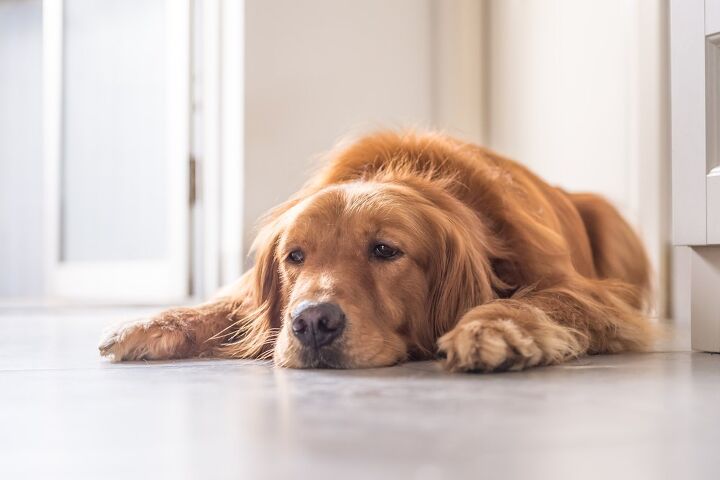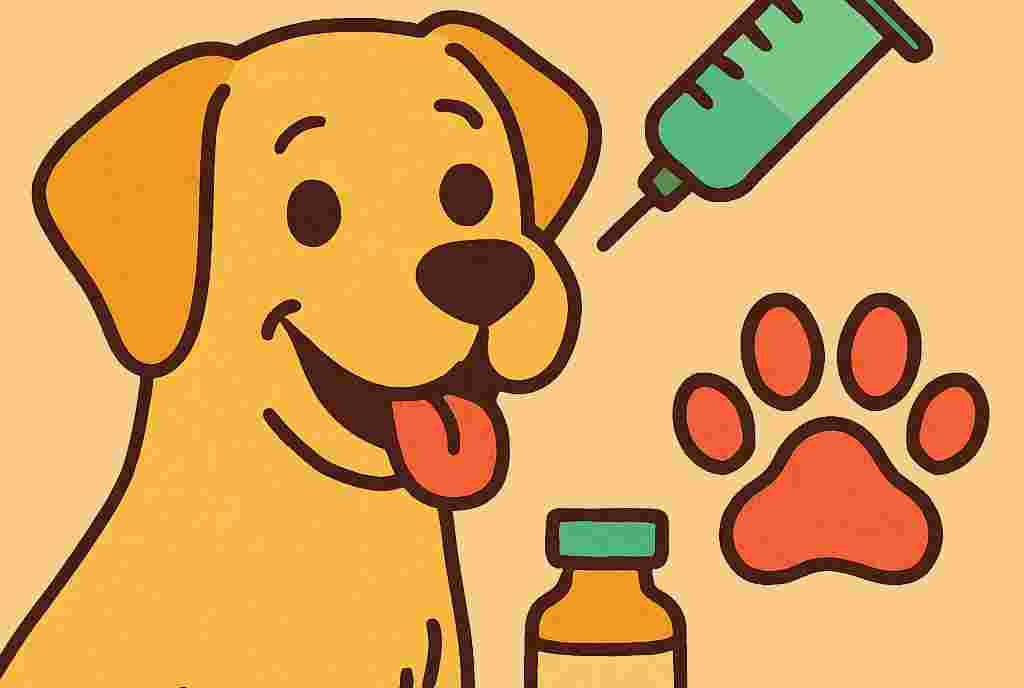Introduction
It started as a lazy afternoon—my golden retriever, Max, curled up by the window, fast asleep. Hours passed, and he barely moved. That day turned into several, and I couldn’t help but wonder: “Is it normal for my dog to sleep all day?”
If you’ve found yourself asking the same question, this guide is for you. From understanding healthy sleep patterns to recognizing when it’s time to consult a vet, we’ll explore everything you need to know about your dog’s sleep habits.
How Much Sleep Is Normal for Dogs?
Just like humans, dogs need quality sleep to stay healthy. However, their sleep requirements vary based on age.
According to the American Kennel Club (AKC) and VCA Animal Hospitals, here’s a breakdown:
- Puppies: 18-20 hours/day – Growth requires plenty of rest.
- Adult Dogs: 12-14 hours/day – Especially after daily activities.
- Senior Dogs: 14-18 hours/day – Older dogs naturally need more rest.
This is perfectly normal unless accompanied by unusual behavior.
Sleep Patterns Based on Dog Size
The size of your dog also affects how much sleep they need:
- Small Breeds: 12-14 hours/day
- Large Breeds: 14-18 hours/day
- Working Breeds: Varies based on their activity level and tasks
Larger breeds like Great Danes and Newfoundlands tend to sleep more, while high-energy breeds like Border Collies require less downtime.
When Should You Worry About Your Dog’s Sleep?
Excessive sleep could be a sign of underlying health issues. Watch for these warning signs:
- Persistent lethargy even after rest
- Lack of appetite
- Avoiding playtime or social interaction
- Unusual hiding behavior
If you notice any of these symptoms, consult your vet immediately.
Common Causes of Excessive Sleep in Dogs
Diet and Nutrition
Poor nutrition or overeating can lead to sluggish behavior. Dogs consuming too many carbs or low-quality food may lack the necessary energy balance.
Medical Conditions
Excessive sleep may be linked to:
- Hypothyroidism
- Diabetes
- Canine depression (related to stress and emotional distress)
- Chronic pain or arthritis
Always rely on veterinary diagnosis to rule out these issues.
Environmental Factors
Boredom and lack of mental stimulation can make your dog sleep more out of pure inactivity. Ensure they have interactive toys and regular walks. Mental engagement is just as important as physical exercise.
Can a Poor Diet Affect Your Dog’s Sleep Quality?
Absolutely. Diet plays a critical role in your dog’s rest and recovery. Nutrients that promote better sleep include:
- Complex carbohydrates for steady energy
- Omega-3 fatty acids for brain health
- Chamomile and lavender supplements (consult your vet before use)
According to the American Veterinary Medical Association (AVMA), a balanced diet improves both physical and mental health, contributing to healthier sleep cycles.
Should You Be Concerned if Your Dog Sleeps Too Little?
Dogs can suffer from insomnia too! Common causes include:
- Anxiety or stress
- Lack of physical exercise
- Environmental disruptions (like loud noises)
Tips to Improve Sleep Hygiene:
- Ensure daily physical activity.
- Create a calming bedtime environment.
- Stick to a consistent daily routine.
Final Recommendations – When to See a Vet
If your dog’s sleep habits change drastically or are accompanied by troubling symptoms, it’s time to consult a veterinarian. Early intervention can prevent more serious health issues.
Remember, your dog’s health and happiness go paw in paw. Providing them with the right nutrition, mental stimulation, and love is the best gift you can offer. Learn how proper care and understanding your dog’s emotional world contribute to their overall well-being.
📚 FAQ
Why is my senior dog sleeping all day?
Senior dogs naturally sleep more due to decreased energy levels and possible joint pain. If paired with lethargy or loss of appetite, see a vet.
How much should a puppy sleep?
Puppies need 18-20 hours per day to support rapid growth and development.
What should I feed my dog to improve sleep quality?
Opt for high-quality, protein-rich food with healthy fats and complex carbs. Consult your vet about supplements like Omega-3s for added benefits.
This article is for informational purposes only. Always consult a qualified veterinarian for medical advice regarding your pet’s health.




